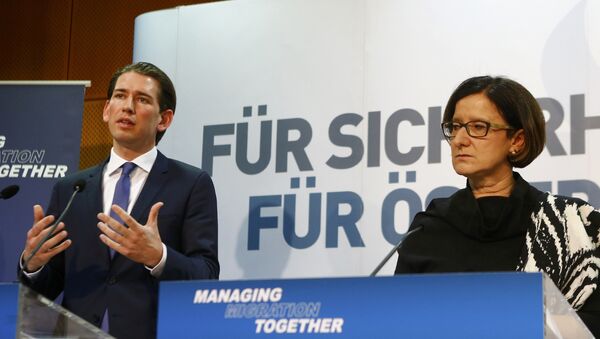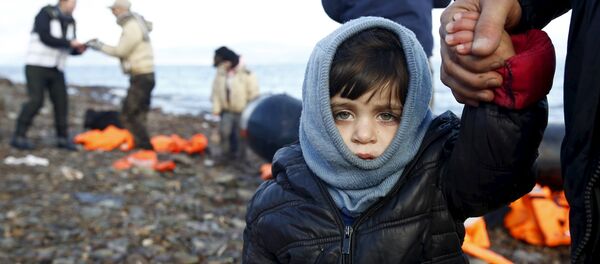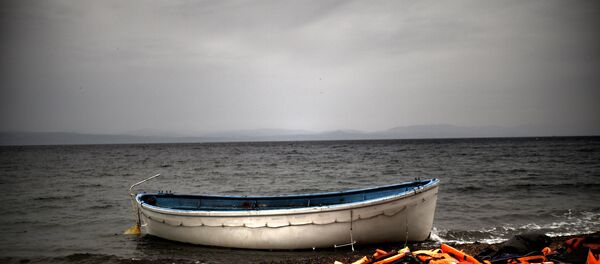Austria called the conference and invited the interior and foreign ministers of Albania, Bosnia and Herzegovina, Bulgaria, Kosovo, Croatia, Macedonia, Montenegro, Serbia and Slovenia. The government statement said "the aim is to reach agreement on current migration challenges" and discussions will center on internal security, border management, extremism and foreign policy.
@ElenaBec @daphnenews as if Greece has any say as to what Turkey does.
— that Weimar feeling (@highqoo) February 24, 2016
Germany does, but Germany throws money at Turkey+ no result
The meeting follows the announcement of a call from the Visegrad group of countries — the Czech Republic, Hungary, Poland and Slovakia — together with Bulgaria and Macedonia for urgent action to close the borders Macedonian and Bulgarian borders with Greece to deal with the refugee crisis, effectively cutting Greece off from the Schengen area.
Athens, Berlin, Brussels Upset
However, sources in the German government made it clear it was deeply unhappy with the Vienna-led conference, which some perceive as leading to a mini-Schengen. No representatives from Germany, Greece or even the EU were invited to the meeting, drawing further anger over the migrant crisis.
A spokesman for the Greek foreign ministry said the meeting as "one-sided and not at all friendly" while Greece's Migration Minister Yiannis Mouzalas said cutting off the West Balkan route from people fleeing genuine war zones or persecution was anti-European.
.@VDombrovskis "Efforts undertaken by #Greece in recent weeks to complete the construction of hotspots have been remarkable" #RefugeeCrisis
— Natasha Bertaud (@NatashaBertaud) February 24, 2016
"It wounds Europe and will burden our country with something it does not deserve. The Balkan route was a humanitarian corridor. It could close after consultations and not by turning one country against the other."
European Commission spokesman for internal affairs, Natasha Bertaud said:
"We are concerned by the fact that some member states are acting outside the agreed framework for the Western Balkan route cooperation. We believe member states should work together other, and not against each other in this respect."
Austrian Chancellor Werner Faymann called Germany's refugee policy "contradictory" while his Foreign Minister Sebastian Kurz told Bild newspaper: "We have to generally cut down on the flow of refugees. Last year, Austria accepted per capita twice as many asylum applications as Germany. That won't happen a second time."




